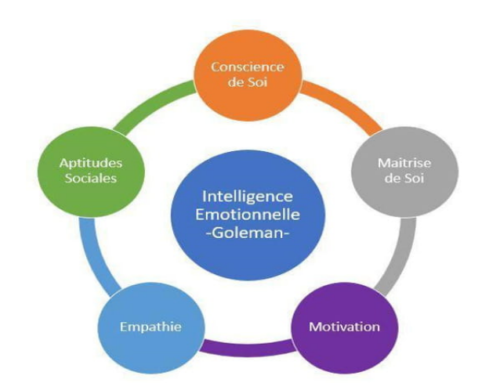When he wrote in 1980 his worldwide bestseller “Managing in Turbulent Times” the management guru Peter Drucker would probably never have imagined the kind of turbulences the Covid-19 crisis generated almost 40 years later. Recent examples of where inappropriate leadership styles can lead companies -or even entire countries- remind us of how critical it is to have the right leaders in place and broadly justifies the major place held by articles on Leadership in the management literature.
At Intercontinental Executive Search, we are fully conscious that for any CEO, COO, GM, or C-suite position, the definition of the sought-after leadership style in the profile of the ideal candidate will never be fully the same. We have recently reviewed a series of position papers published by leading strategy consulting firms such as BCG, McKinsey, or Deloitte. We are pleased to share with you their major findings. Should you wish to read the original articles, you will find here below the relevant links. To start with, to the impatient reader’s attention, we have selected a few charts that are particularly striking as they brightly highlight the characteristics of the new leadership skills that are required to succeed in Covid-19 and even more in post-Covid-19 times. Interestingly enough, a strong convergence appears in the changes that are needed.
Effective leaders must demonstrate a new set of skills and behaviors.


In a nutshell, kind of a consensus seems to emerge as regards the major leadership skills that are most needed in the Covid-19/post-Covid era:
- Situational Awareness – Accurately perceiving and interpreting what is going on and then being able to use that information in decision-making.
- Ambiguity Tolerance – Being comfortable with uncertain environments and multiple demands and able to continue to function well in ambiguous environments.
- Personal Agility – The ability and willingness to move quickly and with a good level of flexibility.
- Team Building – Agile ways of working in uncertain environments require bringing people together productively, with the ability to rapidly build trust.
- Curiosity – Ongoing and intrinsic interest in learning about the world outside of the organization, which builds a leader’s continuous learning muscle.
(Source: NGS Global)
CEOs priorities: the need for a new agenda
As far as the CEO role is concerned, more specifically, they should reconsider their top priorities, go for a new agenda and be ready to drastically change their habits as well. Here are the more frequently quoted attitudes CEOs are expected to adopt to be successful in Covid/ post-Covid times:
- Decide upon the extent and degree of change needed.
- Think 10x bigger and/or 10x faster.
- Zero-base how work gets done.
- Focus their scarce time doing work that only the CEO can do.
- Elevate “to be” to the same level as “to do”.
- Choose how to positively show up, with empathy and humanity, being physically and emotionally present.
- Develop a “generalist” rather than a “specialist” mindset.
- Consult and coordinate with all stakeholders – customers and clients, society, governments, suppliers, partners, employees…
- Once the decision is made, make it happen.
- Communicate more and expand their network (peer and non-peer)
- Holding oneself personally accountable for decisions, others’ well-being, and organizational performance
- Manage the psychology of credit, blame, and control, forging no excuses and taking blame for things that have gone wrong.
- Slow down, seek advice, and do the “emotion work” required to get everyone on the same page.
- Sustain employees’ hope, commitment, and enthusiasm day after day, encouraging people to bring their best selves to work.
The new DNA of the resilient organization
As stressed by Deloitte, “the resilient organization will be the one that has built the attitudes, beliefs, agility, and structures into its DNA that enable it to vault forward—quickly.The leadership attitude shifts from reinventing ways of doing business in the interim to a pioneering ethos, one in which you focus on inspiring and empowering the team to follow you. Resilient leaders convene the full ecosystem to collaborate and define the journey together. In other words, it is about collective agility. At an individual level, five of the most common traits in resilient leaders are adaptability, preparedness, collaboration, responsibility, and ethics: adaptability quickly connects resources to meet today’s challenges; preparedness connects tomorrow’s resources to potential future scenarios; collaboration connects the whole system; and both responsibility and ethics connect individuals, organizations, institutions, and society”.

Partner at Intercontinental Executive Search
References
Boston Consulting Group. (2021). Human-centered leaders are the future of leadership. In.
Broadbent, M. (2021, January). Five Leadership Attributes Essential For 2021 and Beyond.
Dewar, C., Keller, S., Sneader, K., & Strovink, K. (2020, July 21). CEO leadership for a new era | McKinsey.
Marzouk, A., & Busson, J. (2021, February 4). Un bon leader d’entreprise est visionnaire … mais aussi humain.
Rao, H., & Sutton, R. (2020, July 9). From a room called fear to a room called hope: A leadership agenda for troubled times | McKinsey.
Renjen, P. (2020, December 2). The journey of resilient leadership | Deloitte Insights.


